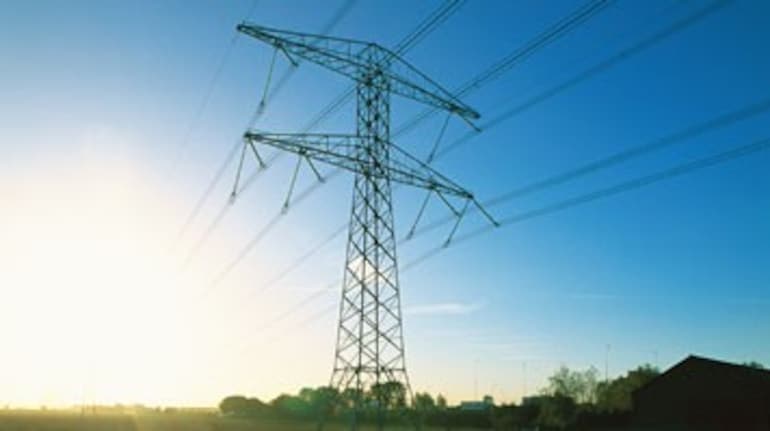



Nazim KhanMoneycontrol.com
Days after assuming power, Delhi Chief Minister Arvind Kejriwal fulfilled his pre-poll promise of getting the Comptroller and Auditor-General (CAG) to audit the accounts of Delhi’s three power distribution companies.
Kejriwal and his colleagues in his Aam Aadmi Party (AAP) have railed against discoms for years, accusing them of inflating costs and suppressing profits to ratchet up prices.
In fact, activist, lawyer and AAP leader Prashant Bhushan had in 2011 filed a public-interest litigation in the Delhi High Court asking for the CAG audit.
The distribution companies, on the other hand, maintain that being majority owned by private companies, they are out of the purview of the CAG whose ambit extends to only public companies.
Also read: Kejriwal's sops on water, power draw flak in media
From the 23-page document available on AAP’s website uploaded in August, we sum up Kejriwal's accusations against the discoms:
- Power distribution was privatized in Delhi in 2002. The move helped reduce distribution losses (theft, etc) from 55 percent to 15 percent.
- But instead of tariff reduction that should have followed as a result of these gains, prices were increased.
- In 2010-11, Brijender Singh, the then chairman of Delhi Electricity Regulatory Commission (DERC), which decides the tariff structure, drafted an order stating that discoms had made a profit of Rs 3577 crore instead of a loss of Rs 630 crore, as they had claimed.
- Singh further wrote that on the basis of his conclusion, tariff should come down by 23 percent in 2010-11 and claimed there was a case for further reduction in the years ahead.
- Singh’s view was that discoms under-stated profits from selling surplus power by recording a lower sale rate and not showing the sale in entirety.
- But former Delhi Chief Minister Sheila Dikshit wrote to the DERC chief asking him to not issue the order, a day prior to notification.
- After Singh’s retirement, new DERC chairman PD Sudhakar raised power tariffs by 22 percent in 2011 and 32 percent in 2012, on the basis of the losses that the discoms had claimed.
- Sudhakar, however, accepted the discoms loss projections by accepting the their following claims:
a) That the surplus power produced was lower than what Singh had projected. AAP says the discoms’ claim is on shaky ground, as it contradicts a report by the Central Electricity Authority.
b) That the price at which surplus power was sold was lower than the one projected by Singh. AAP says Sudhakar accepted this though no records were produced and even as the chairman himself concluded that the transactions took place “through verbal communication”.
The report also accuses the discoms of other violations they allegedly carried out to show lower profits:
- In 2008-09, electricity consumption by Delhi Jal Board and Delhi Airport were found to be shown as nil, in order to reduce revenues and increase losses.
- Between 2004 and 2006, equipment purchased by Reliance’s discom from its sister firm Reliance Energy was recorded at a price of Rs 1,428 crore. Records from Delhi’s VAT department showed Reliance Energy had purchased these at only Rs 850 crore.
- Two discoms were showing zero bills for several consumers on their records even as these customers had consumed electricity and paid bills. But latter chairman Sudhakar failed to lodge an FIR against the discoms for wrongdoing, and instead of carrying out a thorough check, he got only 1 percent of the total entries checked and concluded only 10 percent of the 1 percent sample tested had wrongly recorded zero bills.
- During Singh’s tenure, distribution losses came down uniformly (55 percent to 15 percent on the whole) but started perking up for many circles during Sudhakar’s stint. For instance, out of 21 circles under BSES Rajdhani’s operations, losses increased in 18 after Sudhakar took over.
To back up many of the claims it makes, the party has annexed several documents it obtained through the Right to Information Act. For the full report, click here.
Discover the latest Business News, Sensex, and Nifty updates. Obtain Personal Finance insights, tax queries, and expert opinions on Moneycontrol or download the Moneycontrol App to stay updated!
Find the best of Al News in one place, specially curated for you every weekend.
Stay on top of the latest tech trends and biggest startup news.